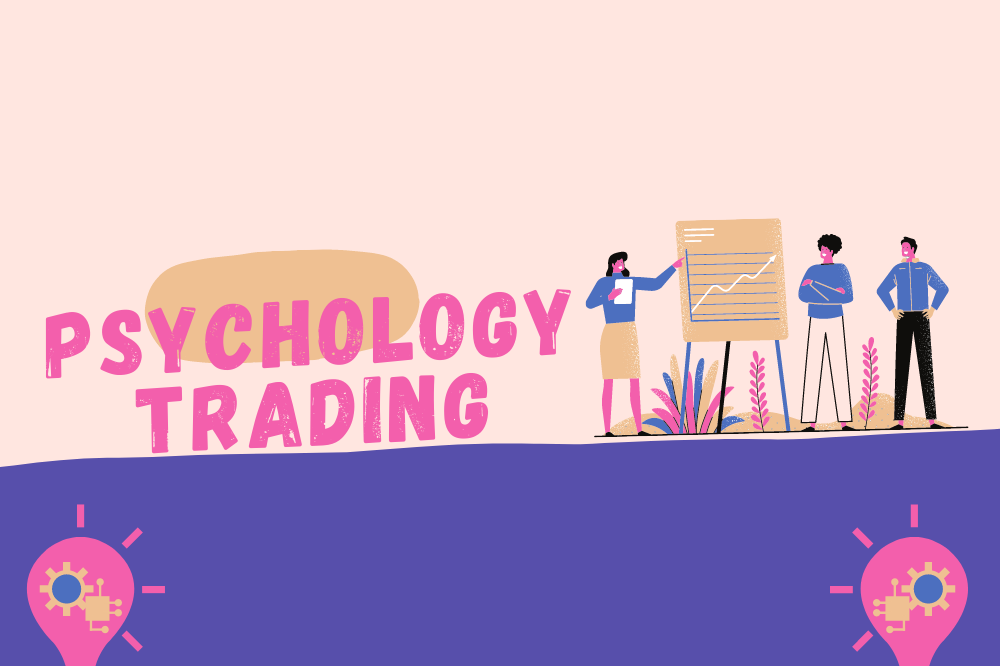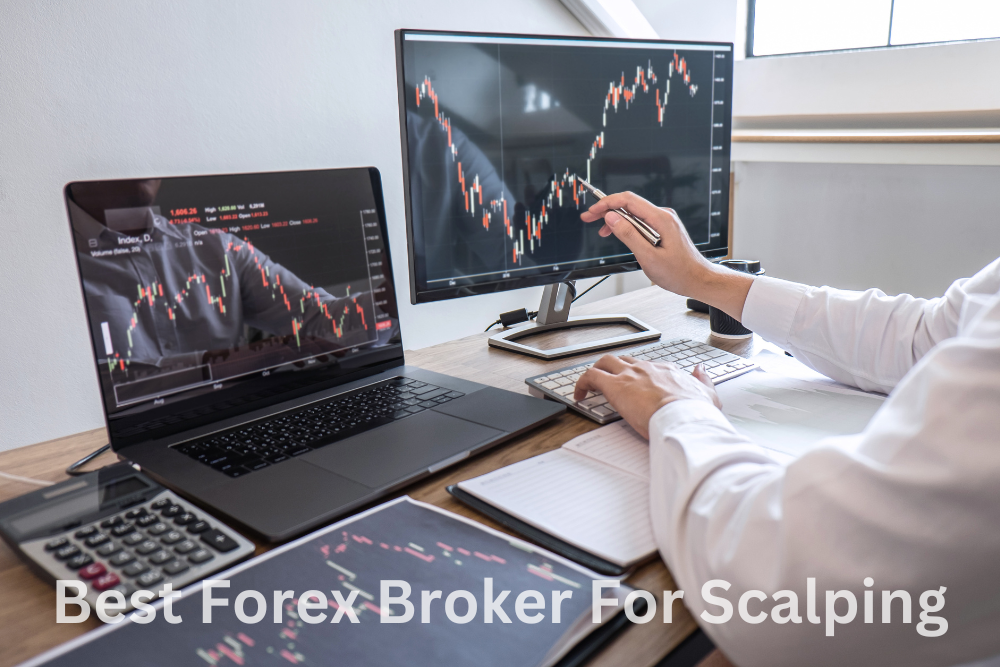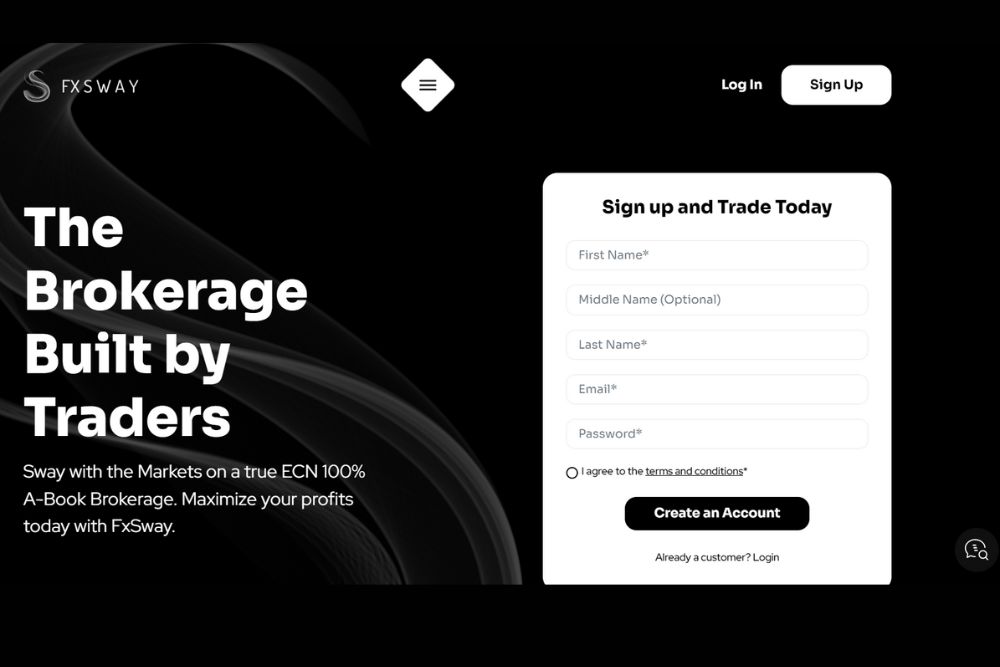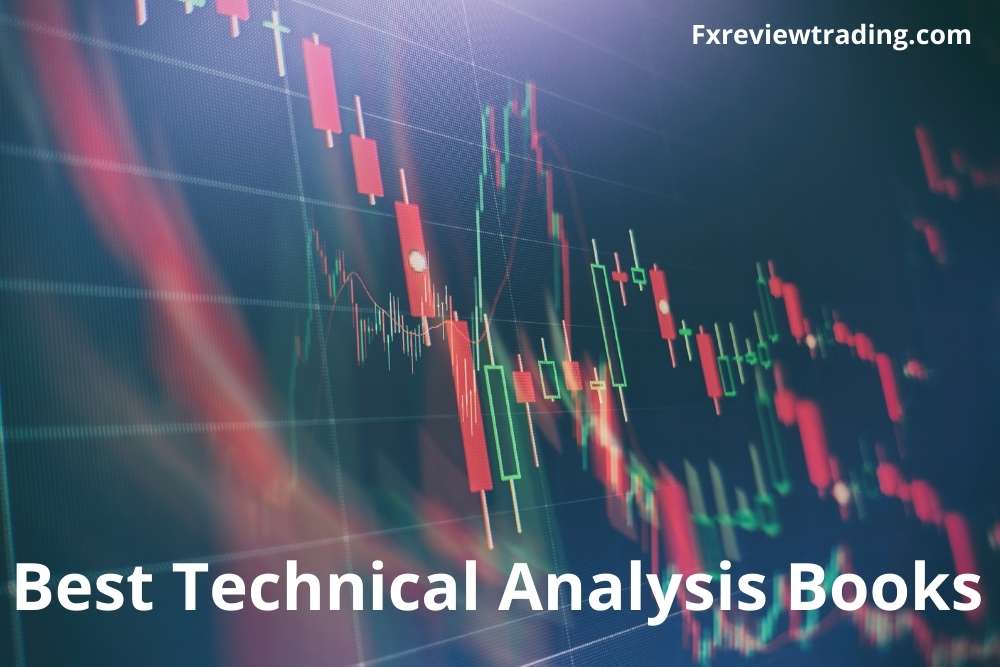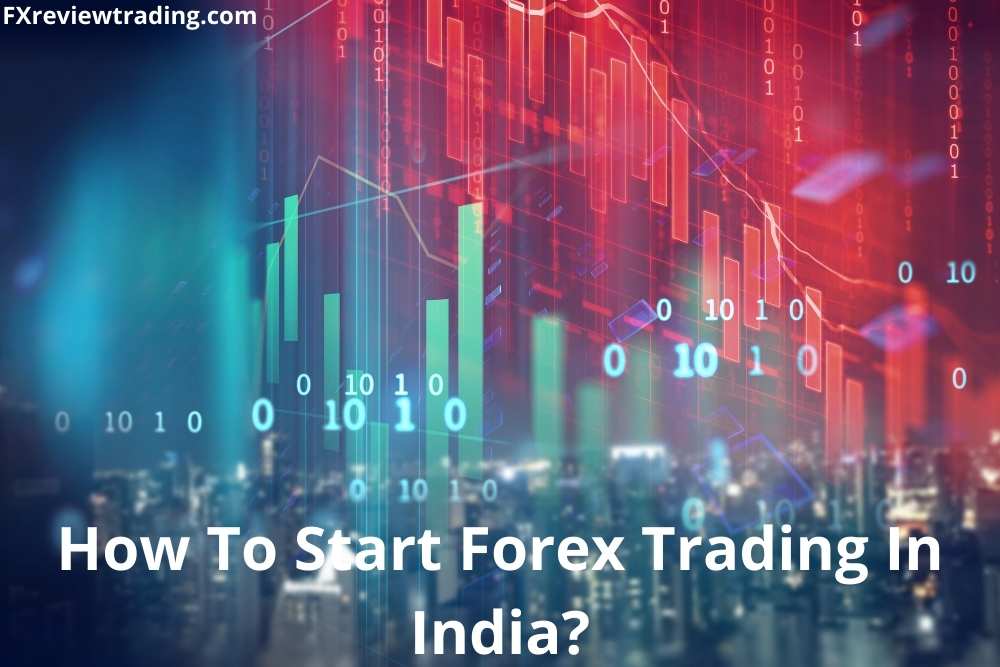Learning to control your emotions whilst trading can determine the difference between success and failure. Your state of mind can impact the decisions you make. A sound mind away from feelings of anxiety and fear will make rational and insightful decisions. Whereas a mind captivated with worry, stress might make regretful decisions.
If you are new to financial trading, understanding trading psychology and learning about emotions that can come in the way of your sensible decision-making is essential.
One of the biggest mistakes a trader can make is making decisions based on his emotions. Do not let anything come in between making fundamentally well-researched, sound decisions. Keeping a calm and relaxed approach, while trading is vital because emotions are among the most influential factors in trading decisions.
Major types of emotions in trading
The human emotions that are triggered by trading experience are vast and diversified. One might feel excited, overly elated, or motivated, and on the other hand, one might also feel anxious, stressed, and fearful. We will list down the seven most commonly occurring emotions in the trading world.
Greed: Greed is the second most common trade emotion on the list. Most of the traders feel the desire to accumulate wealth on extremes that might blind them from making rational and sound decisions. A right amount of greed might serve as a positive force that can drive traders to move further up in the market. But there is a thin line between “some” and “too much” of greed. An extreme level of greed can result in short-sighted, poor decisions that can conjure traders’ losses. One way to overcome this emotion of greed is to limit the profits and losses one wants to bear in a day. Once you make the profits you’ve set in one day, withdraw from the market and return the next day. And if you have incurred losses that are up to the limit set by you, it is time to fold the tents and go back home.
As an emotion in trading, greed does not work on the principles and morals of trading but works on factors of “gambling”.
Fear: Fear is one emotion that every trader faces once in a while. The world of trading becomes so oblivious that it is natural to get scared and hesitate to make decisions. Some traders might get so overwhelmed in fear and withdraw from the market missing out on more gains. It can mask up and have different ways to manipulate your trading practices. When a trade turns against you, losing the profits might drag traders to illusion and delayed decisions that will turn into more significant losses.
Hope: Hope, being such an optimistic feeling and emotion, how can it be detrimental in the trading world? In trading, hope, fear, and greed walk alongside each other. So when a trade turns against the trader, he or she might stay a little longer in trade, hoping that the market might reverse back and profits could be accumulated. However, by delaying the exit from the trade at a particular moment, one may risk losing more money. Another way hope becomes the enemy is when a trader tries to make up for past losses by entering the market with a bigger trade than they can afford.
Therefore, hope is a dangerous thing to have in trade, predominantly when all your decisions are just guided in the pursuit of hope rather than reality.
Regret: After frustration, the next and last emotion that can ruin a good trade is regret. Regret is explained as a feeling of sadness and disappointment in the past and resulted in a negative outcome like loss or a missed chance.
Traders need to understand that the past should remain in closed books. They should not base their present decisions on past mistakes and regrets that they have. Instead, they should learn from past mistakes and try not to repeat them in future situations.
Frustration: Frustration is one of the core reasons that can lead to severe mistakes in a trade that cannot be undone. Taking decisions out of fret and frustration leaves you vulnerable to risks and potential losses. When you start breaking your own set of practices and rules, risk too much money, or miss real good opportunities, frustration can eat you up. It intensifies the problem and can lead to harsh decisions that cannot be done. All you are left with is regret and guilt of attaching your decisions to the gullible emotion of frustration. One needs to sit and shake this feeling off to make rational and sound trading decisions.
Anxiety: Anxiety is one feeling you should pay the most attention to and nurse the issue. If you don’t feel comfortable with your trade, it might be a sign that something has gone downhill. Feeling overly anxious may indicate that you are nervous about your trade and are surely unsure about your analysis of the market.
Understanding the feeling of anxiousness before making any decision can save the trader from a lot of hurt. Keep track of your inner sense of excitement or anxiety, and ask yourself why you feel this way. It may help you to withdraw and move away from the trade that should not have opened.
Boredom: Boredom is more of a state of mind than an emotion. If you feel bored, you may lose focus and see trade as a monotonous and mundane part of your day. It will reduce your attention span, and you will eventually miss out on some great deals and ways to make more profits or miss the best entry and exit points. You can start trading the same markets over and over, without making any actual progress. Therefore it is crucial to keep yourself thoroughly engaged in the process and stay away from the clouds and blues of boredom.
The Bottom Line
Overall, emotions are an integral part of trading and investments. A trader must be aware of all his actions and make decisions to keep in mind all the prospects and consequences. The first major step to make is learning by reading several trading books on psychology. Some of the best books are Trading Psychology 2.0 by Brett N. Steenbarger and Trading in the Zone by Mark Douglas. Make sure to trade with a genuine and trusted broker like Primefin, a CySEC based firm.

